About Us
Advertise With Us
RSS Feed | Content Syndication
Terms & Conditions
Privacy Policy
Contact Us
BollywoodShaadis.com © 2026, Red Hot Web Gems (I) Pvt Ltd, All Rights Reserved.
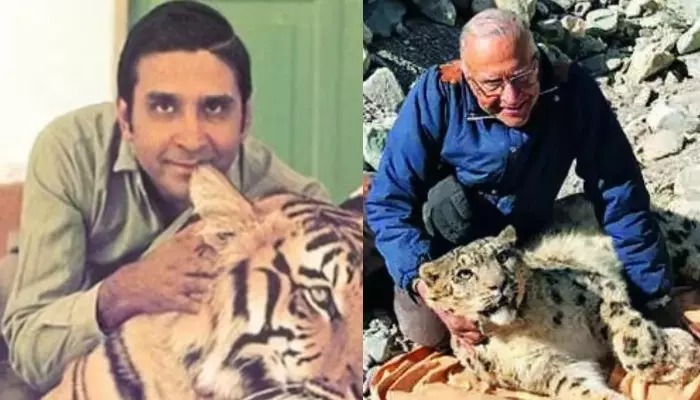
Over the decades, we have seen so many royals giving up on their titles and leaving their princely designations behind to make a mark in this modern world. Today, we are going to talk about one such Indian prince, who gave up on his royal life and decided to work on the preservation of the country's wildlife. We are talking about Dr MK Ranjitsinh Jhala, who is also known by the nickname, 'India's Cheetah Man', for everything that he had done for them.
After spending more than 50 years preserving India's wildlife and nature, Dr MK Ranjitsinh Jhala was bestowed with the Lifetime Achievement award in 2014. Despite playing such a mammoth role in India's wildlife preservation, he never got the sort of recognition he deserves, but he never complained about it. Instead, he continued working on his vision, and as of now, he has established eight national parks and 14 sanctuaries and added over 9,000 square meters to the existing parks.
Recommended Read: Meet 2013 IPL Betting Scam's IO, IPS Sampath Kumar, Who Was Sentenced To Jail Due To MS Dhoni's Plea
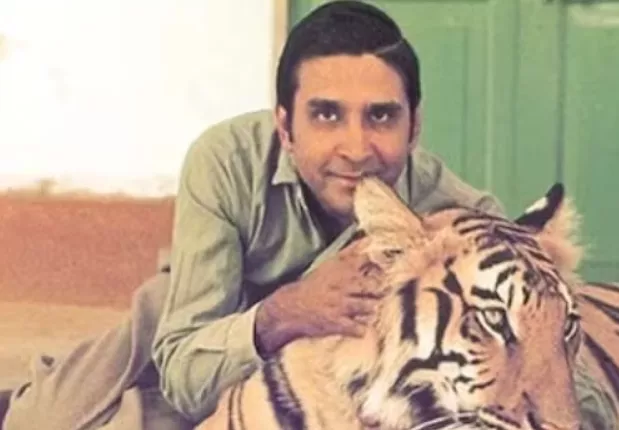
Over the decades, many authors from across the world have penned Dr MK Ranjitsinh Jhala's life journey in their respective books as his impact on India's wildlife is an inspiration for so many nature enthusiasts worldwide. However, today, we are going to talk a bit about the royal chapter of Dr MK Ranjitsinh Jhala's life, which he had removed from the books of his life a long time ago. A journey in which he gave up on his royal status, prepared for India's toughest exam, UPSC and went on to become 'India's Cheetah Man'. So, without further ado, let's dive deep into his background details!
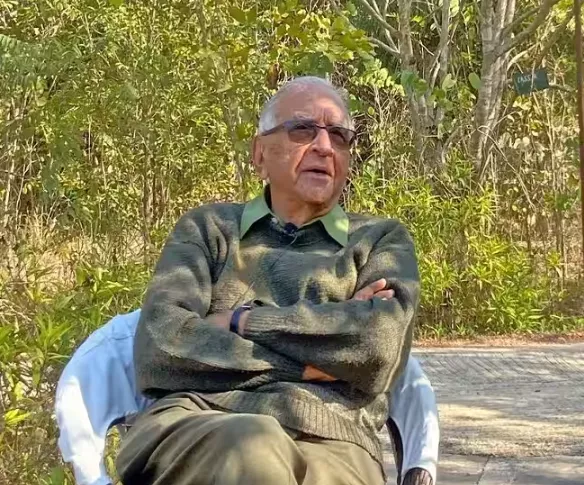
The renowned conservationist, Dr MK Ranjitsinh Jhala was born on February 19, 1939, to the royal family of Wankaner in Saurashtra. For the unversed, Wankaner represents the senior branch of the Jhala clan of Rajputs, who ruled at Halvad. One of the most famous princely states in India, Wankaner State was founded by Raj Sartanji back in 1620.
Continue reading below
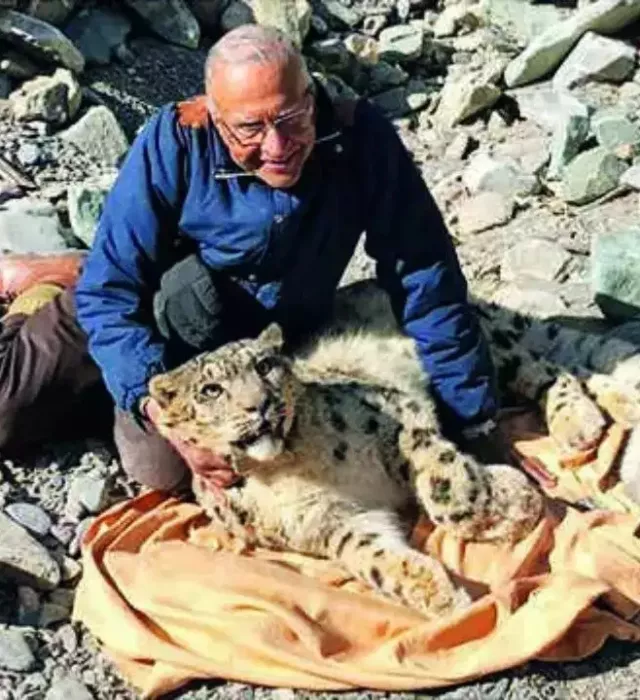
According to multiple media reports and some old interviews of Dr MK Ranjitsinh Jhala, right from an early age, he felt an instant connection with animals and nature. During his growing years, he saw so many people killing wild animals and cutting down trees, which left him disheartened. Despite living a peaceful life and having a solid future ahead as the Prince of Wankaner, Ranjitsinh Jhala decided to dedicate his life in preserving wild animals and nature.
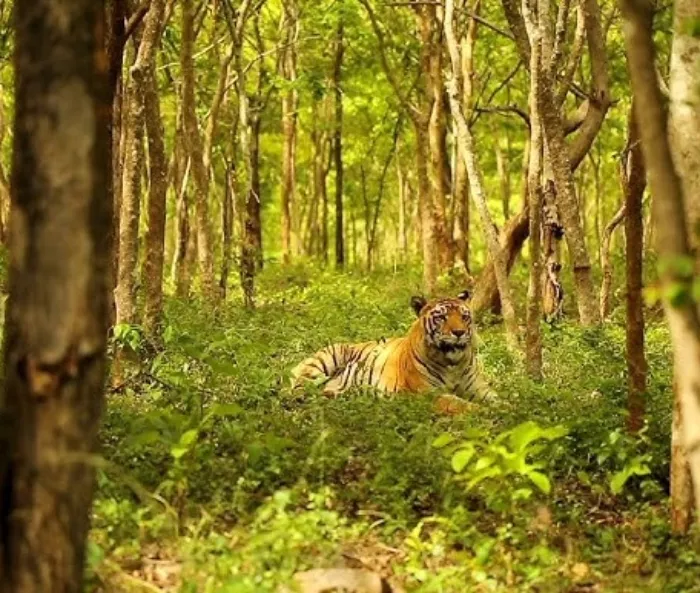
It was indeed a shocking decision for Dr MK Ranjitsinh Jhala's royal family to see him leaving his royal status behind to lead the life of a non-royal person. However, the youngster stuck to his plans and decided to prepare for India's toughest examination, UPSC, with the aspiration of becoming an IAS Officer. Courtesy of his interest in learning about history and gaining knowledge about nature, wildlife, and other aspects of the world, he cleared the UPSC with flying colours. It was in 1961 when Dr MK Ranjitsinh Jhala joined the Indian Administrative Service, leaving his royal status behind once and for all. After becoming an IAS Officer, Ranjitsinh Jhala's vision became crystal clear, and he started working on the preservation of the highly endangered barasingha deer from central India.
Don't Miss: India's Richest Woman, Savitri Jindal Has 9 Kids, Beats Ambani In Net Worth Surge, Rs 90,000 Pension
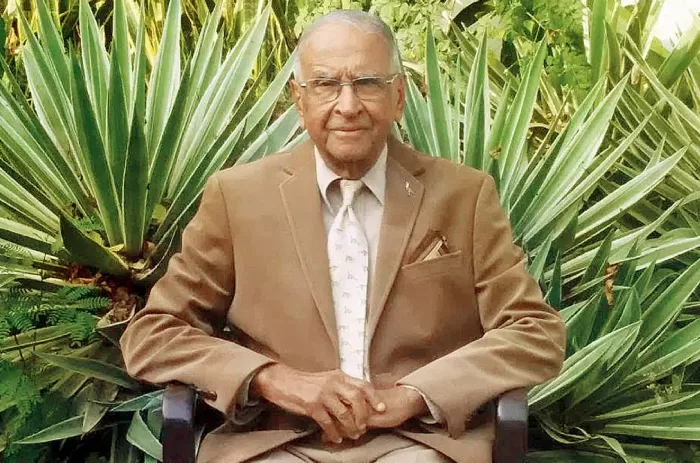
After reportedly serving and doing impressive work as an IAS Officer for many years, Dr MK Ranjitsinh Jhala caught the attention of the Indian government. The IAS was rewarded for his dedicated work and a major position in the government. Dr MK Ranjitsinh Jhala was appointed as India's Deputy Secretary for Forests and Wildlife, and it was he who wrote India's Wildlife (Protection) Act of 1972. Not only this, but he also built numerous national parks and sanctuaries across India, as per the government's direction. For the unversed, Dr MK Ranjitsinh Jhala also served as the first Director of Wildlife Preservation in India under the Act of 1972.
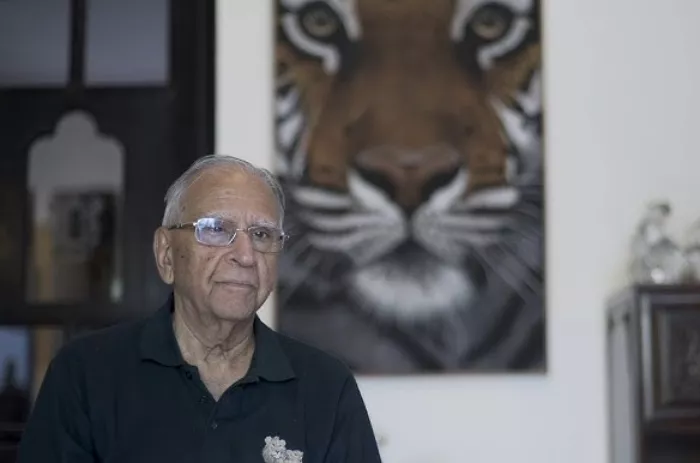
As per reports, in the early 1970s, when India decided to reintroduce cheetahs in the country by relocating them from Iran, it was Dr MK Ranjitsinh Jhala, who held talks with the middle-east country. However, due to the Emergency in 1975, the entire project was halted. The conservationist tried again to bring cheetahs to India in 2009 when the 'African Cheetah Introduction Project in India' was launched. After years of fight, it was in 2020 when the Supreme Court gave clearance to the project.
You May Like This: R.K. Narayan: Author Of Malgudi Tales, Lost His Wife After 4 Years Of Marriage And Remain Unmarried
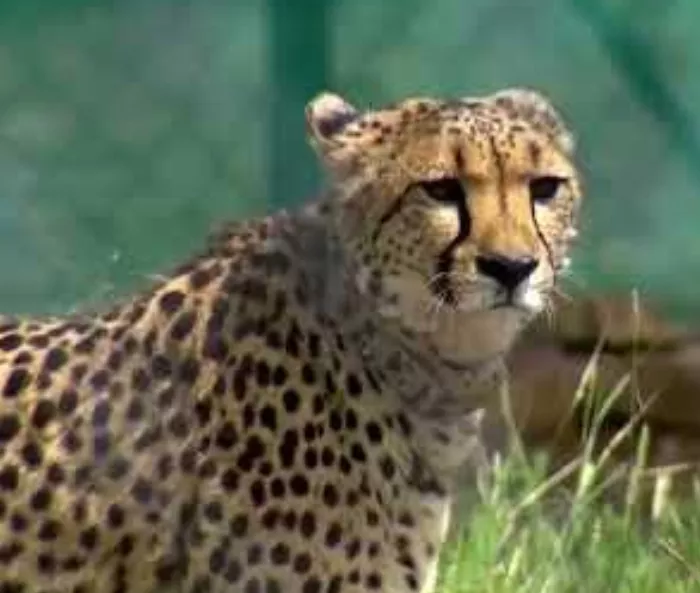
With his remarkable work in India, Dr MK Ranjitsinh Jhala went to Bangkok for some years and proved the mettle of his strategies by helping Thailand in their wildlife preservation program. From 1975 to 1980, he played a crucial role in the international wildlife space after he was appointed as the Nature Conservation Adviser in the UNEP's Bangkok Regional Office. Upon his return to his homeland from Bangkok, he immediately started working on reintroducing cheetahs in India.
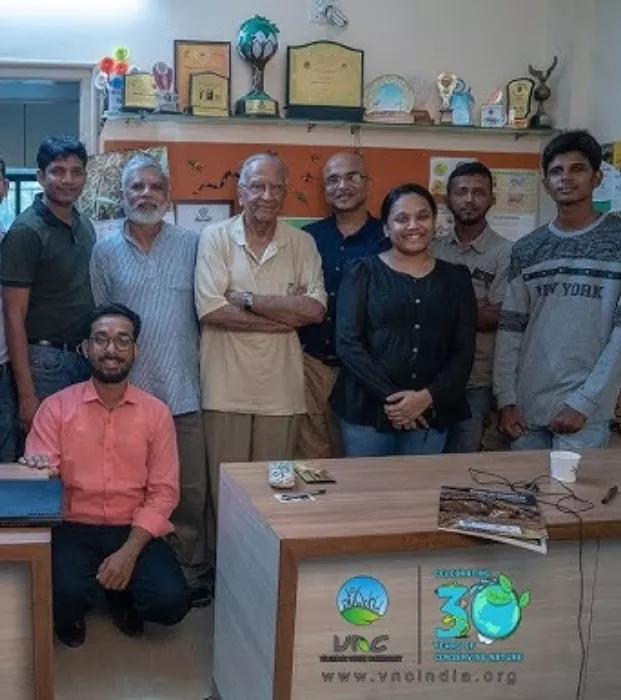
The iconic 'African Cheetah Introduction Project in India' was established in 2009, and Dr MK Ranjitsinh Jhala was the person, who pulled all the strings. With his continuous efforts to bring cheetahs to India, Dr MK Ranjitsinh Jhala got the title of 'India's Cheetah Man'.
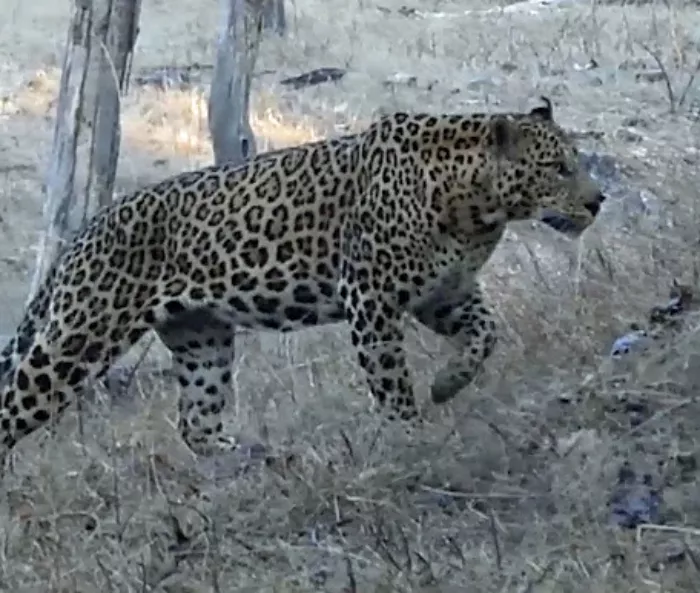
Over the decades, Dr MK Ranjitsinh Jhala has received numerous awards. Still, it's impossible to honour his work with a trophy or title as he has done something that will be remembered for generations to come. From playing a crucial role in imposing a ban on the export of snake skins, animal furs, and crocodile skins to saving so many animals from being extinct and pressurising government to make the strictest laws against poaching and hunting, Dr MK Ranjitsinh Jhala gave his all to preserve India's nature and wildlife.
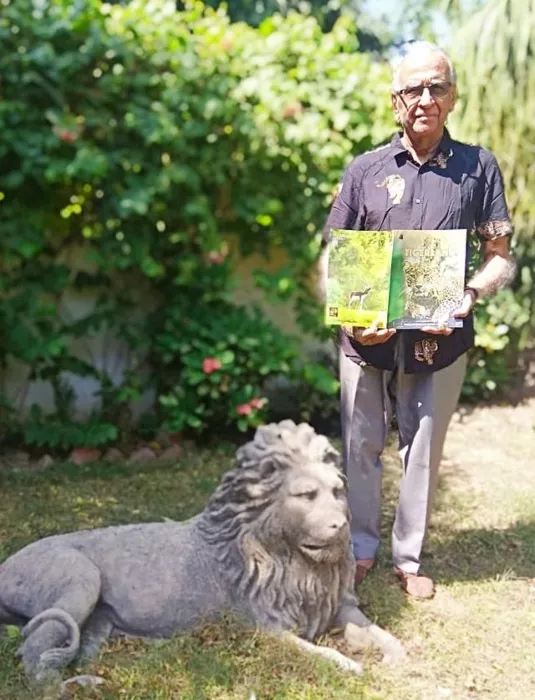
It's incredible how Dr MK Ranjitsinh Jhala dedicated his life in preserving India's wildlife and nature. What are your thoughts on his journey? Let us know.
Also Read: Meet Ravi Ruia, Who Buys Rs. 1200 Crore Hanover Mansion House In London Leaving Ambani, Adani Behind
advertisement
advertisement
advertisement
